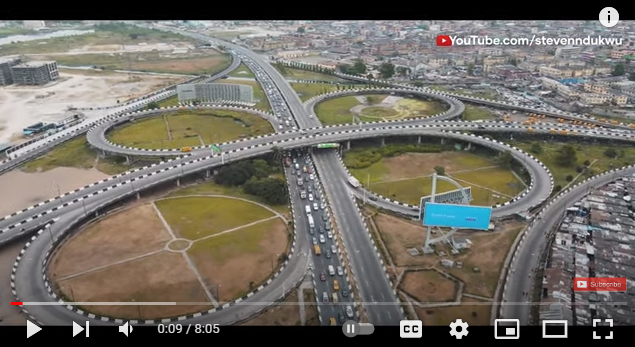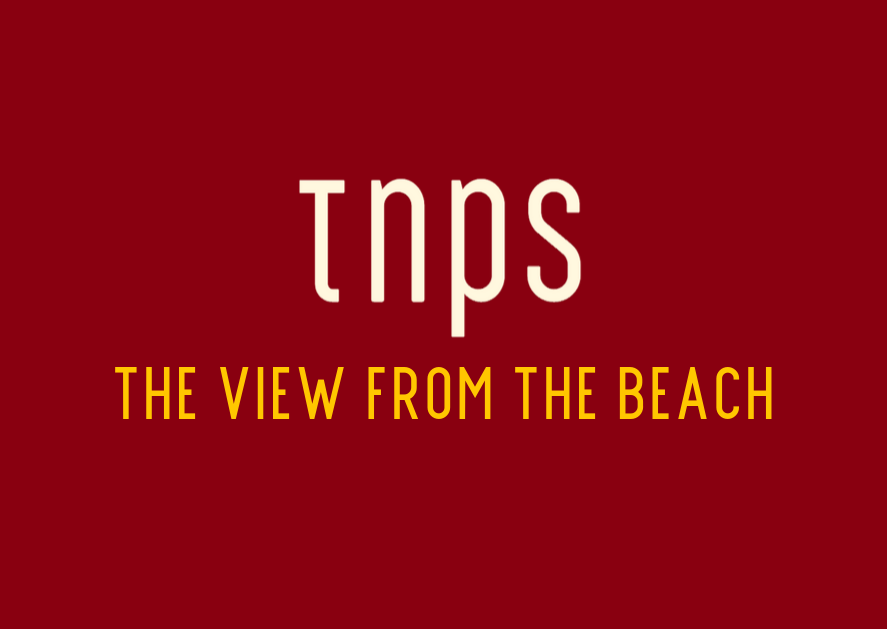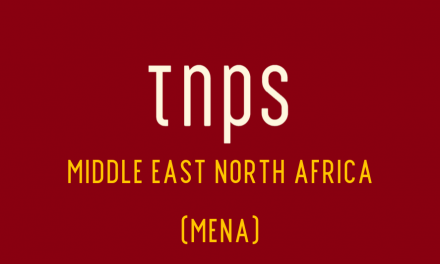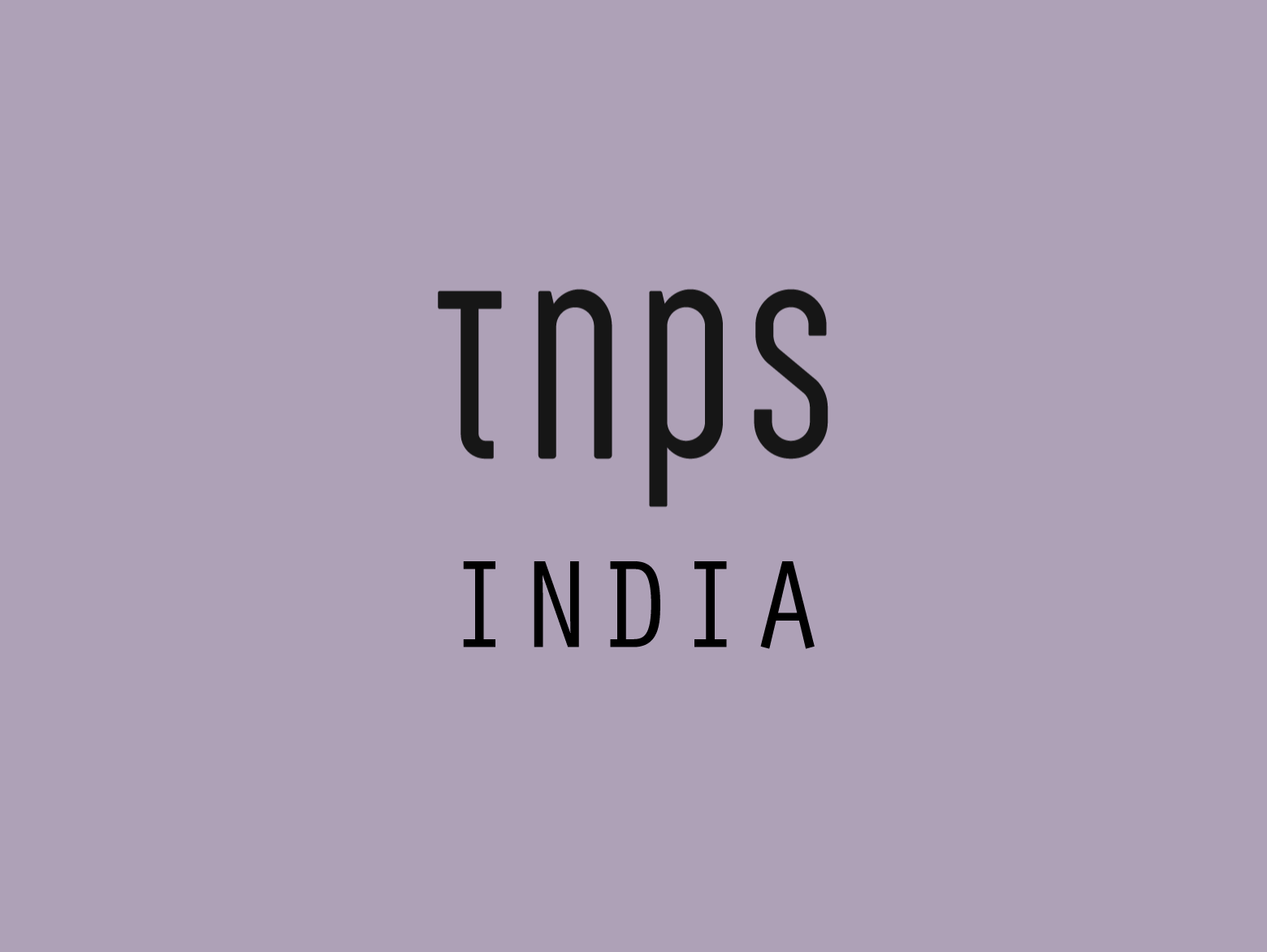This is one of those awkward reports where the opener plays to western stereotypes of Africa’s progress, so some additional op-ed commentary after the summary, alongside news that YouScribe has topped one million subscribers, while AkooBooks extends its reach to 19 countries.
Daniel Adejo, reporting for Radio Nigeria, tells us that the National Library of Nigeria has begun automating its operations and services.
Professor Chinwe Anunobi, National Librarian and Chief Executive Officer of the National Library of Nigeria in Abuja explained that the ISBN platform, which allows authors and publishers to apply for and obtain International Standard Book Numbers, International Serials Numbers, and Catalogue in Publication (CIP) numbers, has been automated, with the goal of “increasing exposure and usage of the National Library’s rich heritage while also globalizing its operations”.
Read more here:
Great news, of course, but per my opener, this so plays to the stereotype image of Africa as a backward continent left behind by the rest of the world.
And yes, there are parts of Africa that fit this image. I live in one.
Here in The Gambia a digitised national library isn’t even at the we-can-dream stage. The country is still struggling with basics like providing water and electricity to its middle classes, let alone everyone. Roads and other basic infrastructure are still in short supply. Bookstores are all but no-existent. There is no publishing industry. Few people can read. Even fewer read for pleasure. Books in English are hard to come by. Books in the twelve or so local languages are all but non-existent.
The Gambia epitomises the poverty-stricken Africa so many westerners conjure up when they think of this vast and beautiful continent.
Images of Nigeria on the other hand, would leave many westerners thinking they were looking at Europe or America if we removed the people from the picture. This is a world class nation in so many ways (including many of its authors).

And Nigeria has 154 million people online, making it the fifth largest country in the world by internet users, ahead of every country in Europe, and with 2.5 times the online population of the UK.
Yet the National Library is just now, in 2022, beginning to take digitisation seriously.
Across the African continent there are 652 million people online. More than all the countries in the oil-rich Middle East (211 million). More than the USA (312 million). More than North America (349 million). More than the entire EU (398 million). More than all the countries that make up Latin America / Caribbean (544 million).
And Africa is still only at 46.8% internet penetration. Imagine where it will be in 10/20 years time…
Yet at a meaningful level Africa is still a digital backwater.
Yes, the numbers are astounding, but numbers alone do not make a digital economy – if that were the case Africa would be a digital world leader – and as we see with this example from Nigeria, there’s so much still to be done – especially in the publishing sector – to bring Africa up to speed in the global digital economy and to connect the African publishing sector not just to the global digital economy but to connect Africa’s countries to one another.
Yet the fundamental infrastructure is already in place. Every country in Africa has internet, some at remarkable penetration levels (Algeria 84%, Kenya 85%).
And here’s the thing: except for countries like China and North Korea, where governments over-rule organic reach, the internet does not care for political boundaries, colonial history or racial or tribal differences. And with the advent of mobile phones it’s quite a challenge not to be able to connect to the internet.
Most of my neighbours here in The Gambia have never seen a landline phone or a desktop computer, and would not know what to do with a laptop. But try finding one that doesn’t have a mobile and is not spending their every waking minute glued to the screen.
Reading? Not so much, but don’t blame them. Many have never been to school so cannot read. In any case there are no books here. But publishers should not look away. These guys watch video (the Kindle store may not be available here but Prime Video and Netflix are) and they listen to podcasts, and even, occasionally, audiobooks, alongside the staple of social media.
All these guys are potential publishing consumers, and someone among them may be a future bestselling author to line publishers’ pockets. Publishing success is not dependent on a nice home or office to work from.
Consider: I’m writing this TNPS post at a makeshift desk (a rusting metal door propped up on an oil drum in a leaky corrugated-iron-roofed shack that has no address (no road names!) and water from a single tap in the yard, abutted by a sand track road, in one of the poorest countries on the African continent. You’re reading this perhaps in a plush office, or in a comfortable suburban home, or while commuting on an express train (no railway here), or maybe on the beach or on a boat or a plane or…
The point is, it pretty much doesn’t matter where we are. The internet is almost everywhere. And it works both ways.
Of course blogging isn’t book publishing, so let me add my books, written and published from the same room have (a while ago now, admittedly, and of course only some) topped the charts in the UK, France and even China (Kindle CN #1!), so let’s not for one second imagine Africa’s geography per se is the issue here.
I explored this topic back in August in a TNPS post responding to a discussion initiated by IPA President Bodour Al Qasimi –
This week I’ve been tempted to revisit that post and reflect on Bodour Al Qasimi’s hopes for the continent, in light not just of the Nigerian National Library news, which shows how far we still have to go, but also news from YouScribe and Akoo Books, which show just how fast things are changing. More on those items below. Here just to pick up on the thread I began above.
Because as I lay it out there, it all seems so easy. Write, publish, become a bestselling author. No matter where you are.
But as I stressed in the original TNPS post, its not quite that easy. You see, I had a pre-existing Amazon account in the UK when I moved here, and a UK bank account to receive the royalties. The sad reality is the big western digital publishing players are not especially interested in Africa right now. It’s not easy for Africans to engage.
And yes, tragically it really is easier for a reader in the US or Europe to read books from Africa than it is for readers in one African country to read a book from another African country.
Back in pre-digital days that was at least understandable, if still appalling beyond measure. The reality of commercially viable shipping of printed books across a vast and disorganised continent like Africa was and still today is a logistical nightmare to which there is no likely solution.
Even the mighty book-selling machine Big Bad Wolf, in conjunction with the Sharjah Book Authority, has penetrated only one African city so far.
A pan-African book market simply cannot be meaningfully achieved with print, and the same goes for connecting Africa to the global book market.
With digital, on the other hand, it’s largely a matter of will, of publisher engagement and of joining the digital dots, with some support from the international publishing community.
YouScribe has been doing an amazing job bringing digital subscription books to the continent (a deep dive into this in TNPS soon, if my ISP ever gets its act together long enough to let me) but let me here just note that YouScribe this past week announced its one millionth subscriber on the continent.
Try get your head around that number. One million subscribers to a digital books subscription platform – in Africa! That’s almost twice the European subscriber base BookBeat has. It’s 50% of Storytel’s global subscriber base. It may be bigger than Nextory’s – Nextory doesn’t share its real numbers.
But what matters here is that while YouScribe may have been around since 2011 in France, it only launched in Africa in 2019, and now has one million users on the continent.
And also this past week we’ve learned that AkooBooks, based in Ghana, has expanded its digital audiobook operation to embrace 19 African nations
For countries like Ghana, Nigeria, Senegal, Kenya and Cote d’Ivoire – all countries with world-class infrastructure – we are beginning to see the publishing sector waking up to the true potential digital brings. And despite the western media representations that lead us to think otherwise, most of Africa has at least some world class infrastructure.
From Rwanda to Morocco, from Uganda to Angola to Senegal, and many more, Africa is a rising continent with potential growth – including in publishing – that many of us blinkered by the media of the mature western industrialised nations can barely comprehend.
Digital is the key to taking the continent to the next level, in the publishing sector as in every other sector.
But let me wind down this post by asking that we spare a thought also for the many parts of the continent that really are being left behind.
In the Horn of Africa millions face starvation as famine rages. Conflict holds back others. While others still, like here in The Gambia where famine and conflict are unknown but there is at least peace and stability, decades of dictatorship and political mismanagement have taken their toll.
In all these countries digital publishing, while not a magical panacea, can help alleviate the problems, help join the dots and connect the continent’s 1.4 billion people, enabling education, giving hope and bringing joy. And by doing so digital can create a pan-African globally-engaged publishing economy that, in a short space of time, can be truly world class.
As Bodour Al Qasimi prepares to step down from the IPA presidency I have no doubts whatsoever her successor will take up the challenge, while Bodour herself, with the Sharjah Book Authority behind her, will continue to ensure Africa’s publishing potential is never far from our minds.
YouScribe and AkooBooks are just topical news examples of the winds of digital change blowing across the continent. There are many more.
At my nursery school here in The Gambia I tell the children every day there is nothing special about Europeans and North Americans, or people of other colours, that means they can do things African children cannot. I show them videos like the first four below, to reinforce the belief that Africa is an amazing place and Africans can compete with the best in the world.
But sometimes it feels like maybe some in publishing need the same pep talk.
Challenging perceptions: Below are some YouTube links to videos that will, for those in the publishing industry that have not had the pleasure of seeing Africa in the twenty-first century, be a real eye-opener and perhaps make you think again about ignoring Africa as a book market. But be warned, the last two videos in the thread make for very uncomfortable viewing.
The first video is Abidjan, capital of Cote d’Ivoire (Ivory Coast). Yes, that really is in Africa!
Senegal offers similar surprise for those brought up on a diet of African famine and civil war news.
This is Lagos, one-time capital of Nigeria and still the biggest city on the continent.
And this video offers a quick look at no fewer than 25 amazing African cities.
Yes, Africa is amazing. But tragically the western stereotype image of famine and starving children is, for some Africans, still a reality beyond our western-comfort-zone imagination.
Many decades ago I witnessed scenes like these first hand. The images still haunt me. But the two videos that follow are from 2022, not the 1980s.
It’s simply beyond belief that when Africa – and the world – has advanced so far, that this is still being allowed to happen.






Thank you so much for writing this and for sharing these videos. As an African-American who hasn’t much explored my African heritage, this is really important to read.